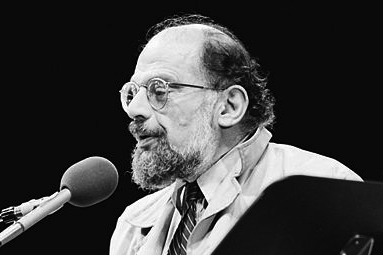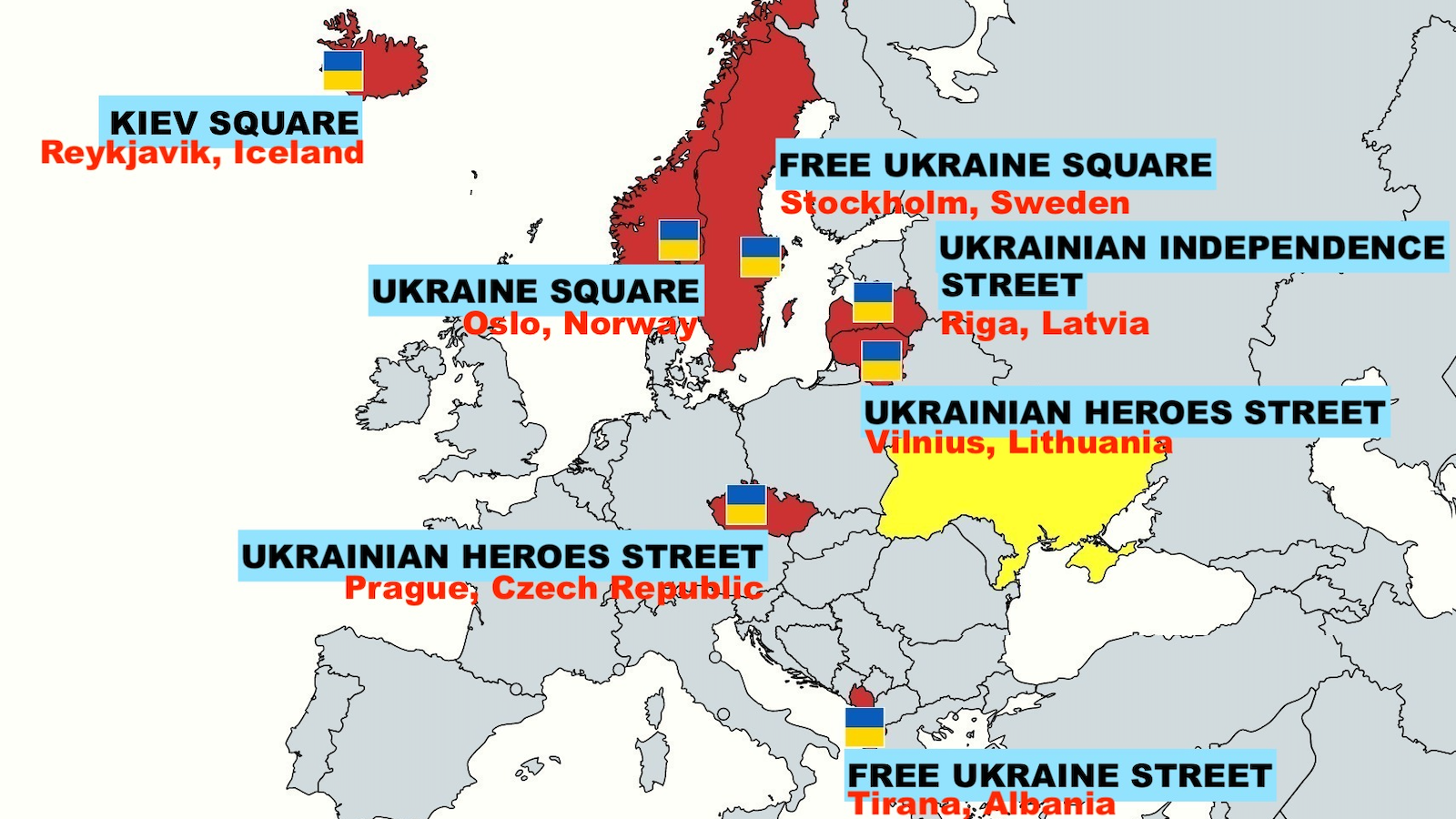What Would Allen Ginsberg Think of Occupy Wall Street?

Allen Ginsberg, you fearless old goat, you shrewd, batshit agitator, you hedonist Buddhist, where are you now? Following Occupy Wall Street in the news has made me want to invoke you, to summon you from the dead, as you did Walt Whitman in “A Supermarket in California.” Have you been watching the protests from the smoking banks of Lethe? What do you think of them?
This is another way of asking, what do you think of my generation? What do you make of a demographic that’s been the driving force, in recent months, behind both OWS and the most extravagant show of grief ever displayed on behalf of a multibillionaire CEO?
As a strident denouncer of what you called “Moloch,” the machine of American capitalism, you probably wish you could be in Zuccotti Park right now. (I’m not as fundamentally opposed to Moloch, myself, but I can’t deny that it’s gotten more Molochian than ever this past decade.) Wherever you are, I imagine you admire many aspects of OWS—its large-scale organization, its stamina, its efforts to make common cause with as much of America as possible. At the same time, you’re too skilled a poet not to maintain a certain skeptical reserve.
After all, while you’re best remembered for elegizing your own generation of rebels, you did so with more ambivalence than many readers realize. Your most famous poem, “Howl,” didn’t straightforwardlysing the beatniks’ praises, or simplemindedly bewail their cruel destruction at the hands of Moloch. And unlike some of your critical groupies, you didn’t take their various modes of rebellion at face value. You loved your comrades enough to judge them, and to include yourself in the judgment.
In “Howl” your “angelheaded hipsters” are divine, heroic, liberated—and martyred: “falling on their knees in hopeless cathedrals” or “[breaking] down crying in white gymnasiums naked and trembling.” But just as often they’re melodramatic or silly, “rocking and rolling over lofty incantations which in the yellow morning were stanzas of gibberish,” or showing up at the madhouse “demanding instantaneous lobotomy” and “in humorless protest overturning only one symbolic pingpong table.” (Can OWS achieve something more lasting, Allen?) Most importantly, they’re all of these things at once: there’s always something slightly ridiculous about their nobility and something slightly noble about their ridiculousness. You give us a unified but delicately shaded portrait, whose contradictory qualities a careful reader must pick out.
Anyway, all of that’s true of “Howl,” Part I. Part II, your tirade against Moloch, lapses into “humorless protest” itself. It buries the ambiguities of Part I under sustained, self-righteous invective: “Robot apartments! invisible suburbs! skeleton treasuries!” Etc.! Etc.! Etc.! Part III falls short of Part I also, but recovers some of its outlandish power toward the end (“O victory forget your underwear we’re free”).
In other words, “Howl” embodies all of the contradictions of the poet who wrote it. Sometimes, Allen Ginsberg, you were a genuine sage; sometimes you were a hippie caricature. Sometimes you preferred to play the rock star, the Master of Revels, most famously at the 1965 May Day festival in Prague. Though I admit I found your masterpiece slightly over-the-top when I first read it, I now feel toward it much as you felt toward your generation: I question some of its decisions but find it hard not to love.
And so I feel toward you, and so, perhaps, you feel toward Occupy Wall Street, along with the twentysomethings who have spawned it. It’s so easy—hell, it’s heartwarming—to picture you mixing it up among the Occupiers: chanting, singing, getting arrested, partaking of whatever forbidden substances are on offer. At the same time, it’s easy to imagine you laughing inwardly at the more naïve slogans, or affectionately satirizing the loopier members of the movement. In some ways you’d be the most preposterous figure in the crowd, and in some ways the wisest.
[Image courtesy Wikimedia Commons.]




